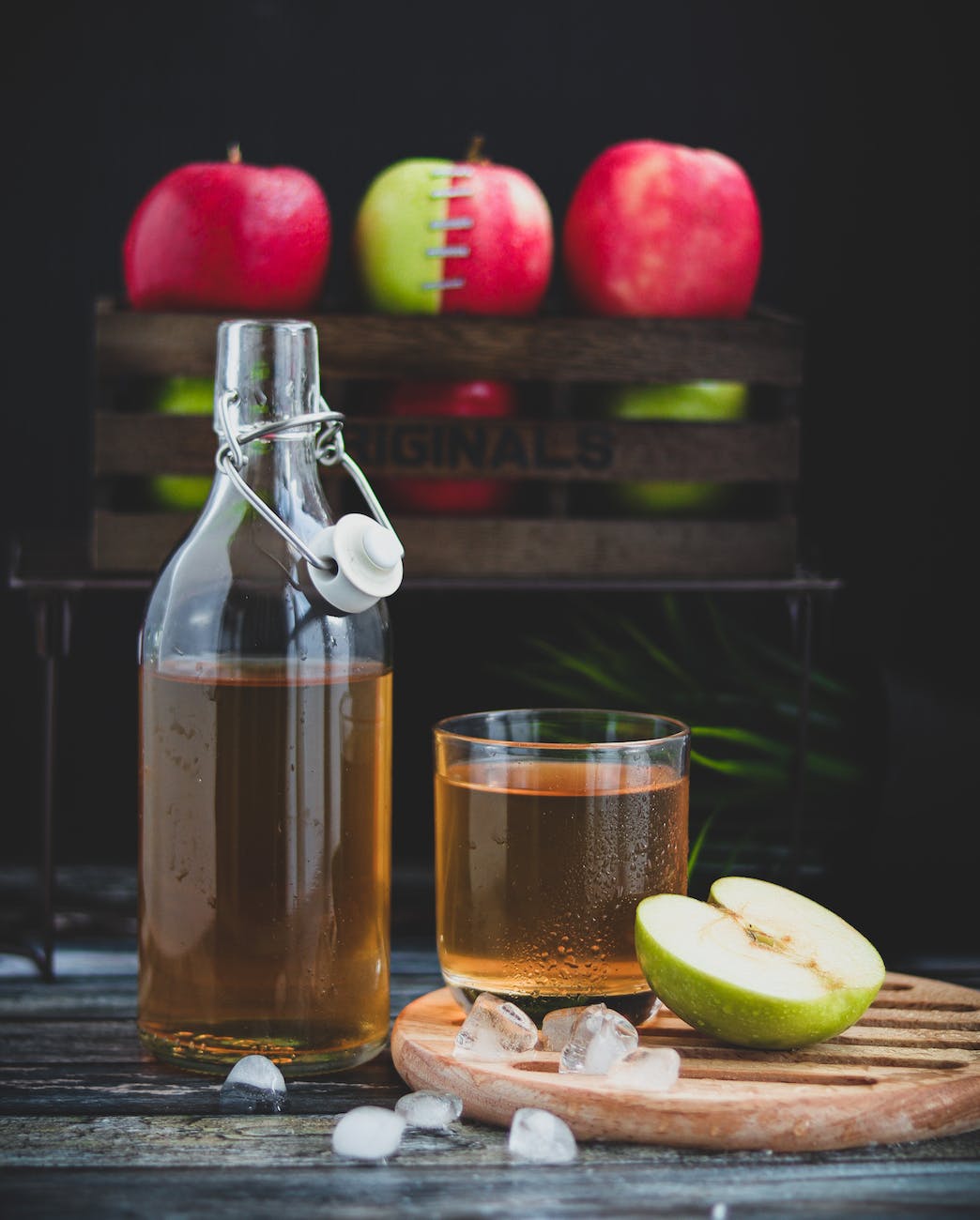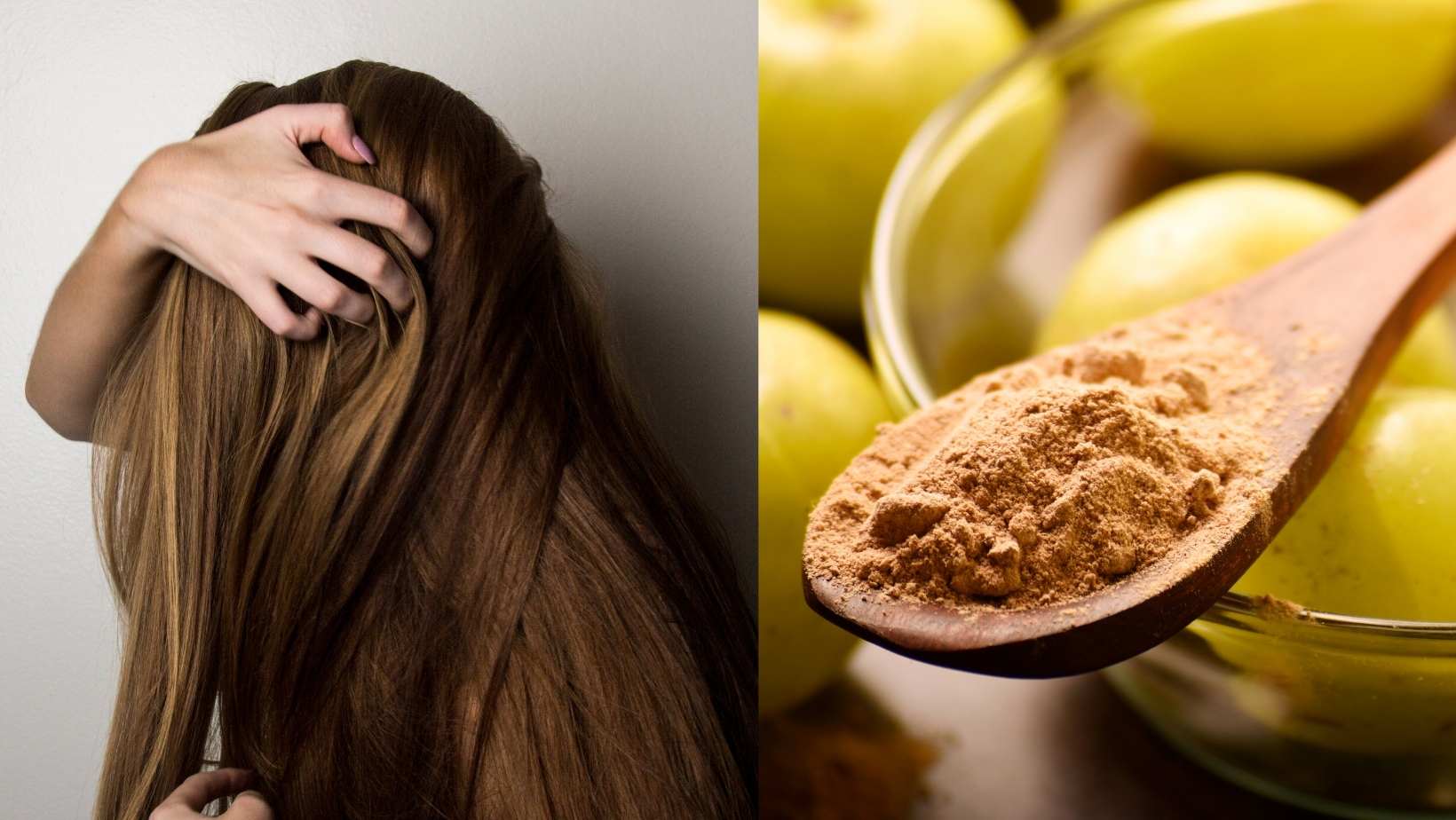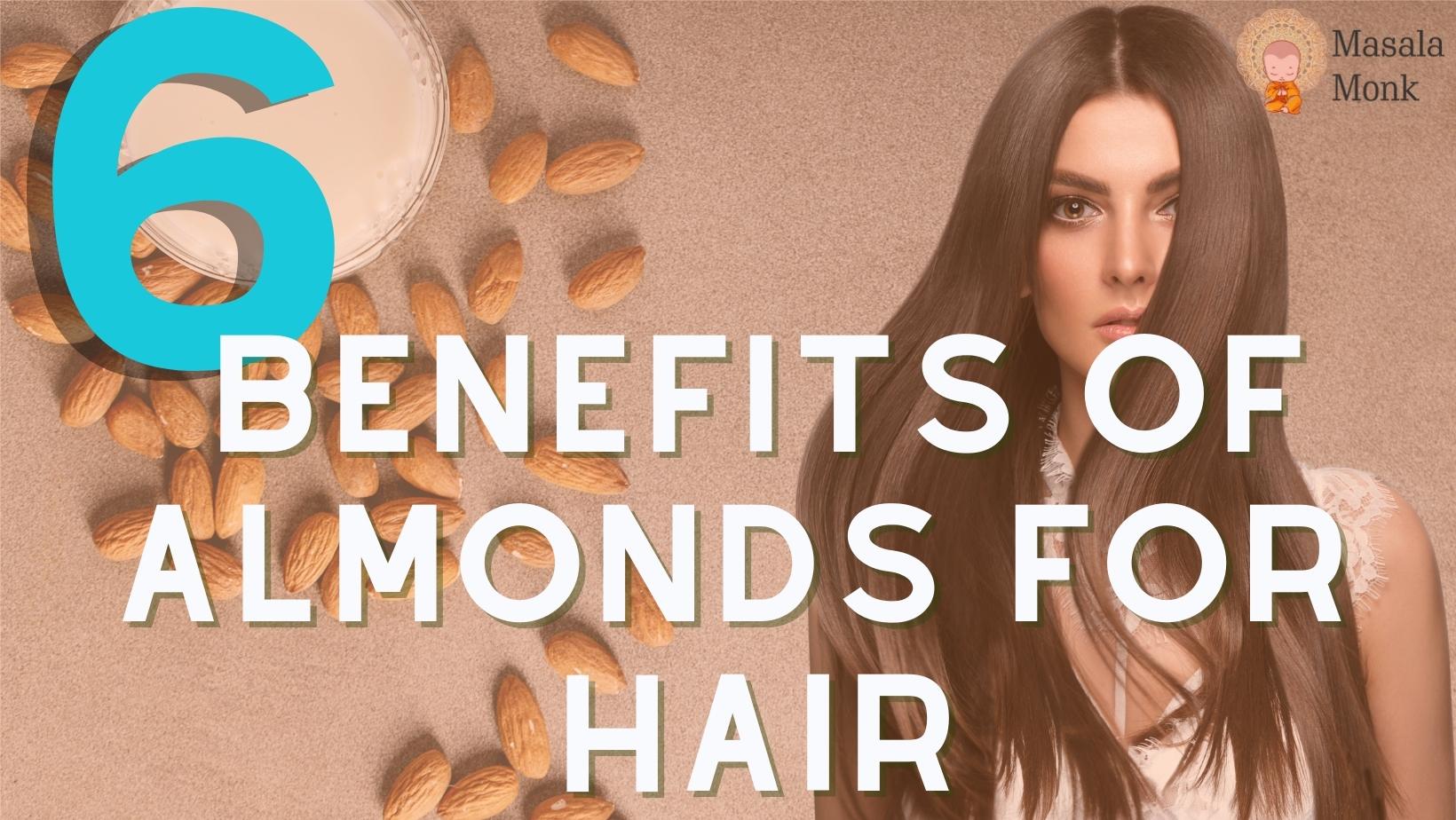
Title: “Apple Cider Vinegar for Hair: The Ultimate Solution for Dandruff, Dry Scalp, and More”
Introduction:
Apple cider vinegar, often abbreviated as ACV, has long been celebrated in the culinary world for its tangy flavor. However, its acclaim doesn’t stop at the kitchen. This fermented juice, derived from crushed apples, has been hailed as a potent remedy for a myriad of hair concerns. From the persistent white flakes of dandruff to the uncomfortable itch of a dry scalp, ACV promises a natural solution. But how does this amber-colored liquid work its magic on our tresses? Let’s embark on a journey to uncover the secrets of ACV for hair health.
1. ACV: The Dandruff Destroyer
The Science Behind Dandruff:
Dandruff is a common scalp condition characterized by the shedding of white flakes. It’s often accompanied by itching. The primary culprit behind dandruff is a yeast-like fungus called Malassezia. While this fungus resides harmlessly on most people’s scalps, it can sometimes multiply, leading to an overproduction of scalp oils and, consequently, dandruff.
How ACV Helps:
Apple cider vinegar’s acetic acid content plays a pivotal role in combating dandruff. This acid helps balance the pH level of the scalp, creating an environment where fungi like Malassezia find it challenging to thrive. By keeping this fungus in check, ACV reduces the overproduction of oil, leading to a noticeable reduction in flakiness and itchiness.
The Bonus Effect:
Beyond its antifungal properties, ACV is rich in natural enzymes that can help open clogged hair follicles – a condition that often accompanies dandruff. By unclogging these follicles, ACV promotes better scalp health and reduces the likelihood of hair fall.
2. Soothing Dry and Itchy Scalp with ACV
Understanding Dry Scalp:
A dry scalp can be the result of various factors. Harsh hair products, frequent washing, environmental changes, and even water quality can strip the scalp of its natural oils, leading to dryness. This dryness can be further exacerbated by scratching, which can introduce bacteria and lead to infections.
ACV to the Rescue:
Apple cider vinegar acts as a natural moisturizer. When applied to the scalp, it helps restore the natural pH balance, ensuring that the scalp retains its essential oils. Its anti-inflammatory properties also play a crucial role in alleviating itchiness. The malic acid in ACV possesses strong antiviral, antifungal, and antibacterial properties, ensuring that the scalp remains free from infections that can arise from scratching.
A Natural Conditioner:
Beyond just the scalp, ACV can benefit the hair strands themselves. When used as a rinse, it smoothens the hair cuticles, leading to softer, shinier, and less frizzy hair. The nutrients in ACV, including vitamins B, C, and potassium, nourish the hair, promoting overall hair health.
By delving deep into the science behind ACV’s benefits, it’s evident that this natural remedy offers a holistic approach to hair health. Whether you’re battling persistent dandruff or just seeking relief from a dry, itchy scalp, ACV might just be the solution you’ve been searching for.
3. The Proper Way to Use ACV for Hair Concerns
The Basics of ACV Application:
Using apple cider vinegar for hair care is not just about pouring it onto your scalp. There’s a method to the madness, ensuring you reap the maximum benefits without any adverse effects.
Dilution is Key:
Pure apple cider vinegar can be too strong for the scalp and hair. It’s essential to dilute it with water. A standard ratio is one part ACV to three parts water. If you have sensitive skin or are trying this treatment for the first time, consider diluting even further.
Application Technique:
- Pre-Wash Treatment: Begin by wetting your hair. Using a spray bottle or cup, apply the diluted ACV solution directly onto your scalp and hair. Gently massage it in, ensuring it covers all areas. Let it sit for 3-5 minutes.
- Post-Wash Rinse: After shampooing (and conditioning, if you do so), pour the diluted ACV solution over your hair as a final rinse. This method helps in closing the hair cuticles, leading to shinier and smoother hair.
Frequency Matters:
While ACV offers numerous benefits, it’s not something you should use daily. Overuse can strip the hair of its natural oils, leading to dryness. For most people, using an ACV rinse once a week is sufficient. However, if you have severe dandruff or scalp issues, you might consider using it twice a week until the condition improves.
A Word on Scent:
Let’s face it; ACV doesn’t have the most pleasant smell. However, the scent usually dissipates as your hair dries. If you’re particularly sensitive to the smell, consider adding a few drops of essential oils like lavender or rosemary to your ACV solution. Not only do they mask the scent, but they also offer additional hair and scalp benefits.
Apple cider vinegar’s versatility in addressing various hair concerns is genuinely remarkable. From dandruff to dryness, its natural properties offer solutions without the need for chemicals or expensive treatments. However, as with all natural remedies, patience is essential. Regular, consistent use will yield the best results, leading to a healthier scalp and lustrous locks.
4. ACV for Itchy Scalp: The Natural Soothing Agent
Understanding the Itch:
An itchy scalp can be the result of various factors, from dandruff and dryness to more severe conditions like seborrheic dermatitis. The acetic acid in apple cider vinegar exhibits anti-inflammatory properties, which can soothe the scalp and reduce itching.
Balancing the pH:
One of the reasons ACV is effective against an itchy scalp is its ability to balance the scalp’s pH. A balanced pH can prevent the overgrowth of fungi and bacteria that can lead to scalp infections and itching.
How to Use:
- Direct Application: Mix equal parts of ACV and water in a spray bottle. Spray the solution directly onto the scalp, ensuring even coverage. Leave it on for about 10 minutes before rinsing off.
- ACV Soak: For severe itchiness, consider soaking your scalp in diluted ACV. Fill a basin with a quart of water and a cup of ACV. Bend over the basin and immerse your scalp, massaging gently. After 10 minutes, rinse your hair thoroughly.
5. The Magic of ACV for Dandruff Control
Antifungal Powerhouse:
Dandruff is often caused by an overgrowth of a yeast-like fungus called Malassezia. ACV’s antifungal properties can help combat this, reducing the appearance of those pesky white flakes.
Exfoliation and Cleansing:
The natural acids in ACV can help exfoliate the scalp, removing dead skin cells that can contribute to dandruff. This exfoliation, combined with ACV’s cleansing properties, ensures a cleaner, dandruff-free scalp.
How to Use:
- ACV Rinse: After shampooing, pour a mixture of equal parts ACV and water over your scalp, letting it sit for a few minutes before rinsing. This not only helps combat dandruff but also leaves your hair shiny.
- Intensive Treatment: For severe dandruff, apply undiluted ACV to the scalp, letting it sit for up to an hour before washing it out. Ensure you do a patch test first to avoid any adverse reactions.
6. ACV: Beyond Dandruff – Addressing Hair Loss and Growth
Strengthening the Roots:
Weak hair roots can lead to hair loss. ACV improves blood circulation to the hair follicles, strengthening the roots and promoting hair growth.
Unclogging Hair Follicles:
Product buildup and dead skin can clog hair follicles, hindering hair growth. ACV’s cleansing properties can unclog these follicles, ensuring a healthier scalp environment conducive to hair growth.
How to Use:
- ACV Massage: Mix ACV with a few drops of essential oils like rosemary or peppermint, known for promoting hair growth. Gently massage this into your scalp for about 10 minutes before rinsing.
- ACV Hair Mask: Combine ACV with aloe vera gel and honey. Apply this mask to your scalp and hair, leaving it on for about 30 minutes before washing off. This mask not only promotes hair growth but also moisturizes and nourishes the hair.
Incorporating apple cider vinegar into your hair care routine can address a myriad of concerns. From itching and dandruff to promoting hair growth, this natural remedy, backed by science and centuries of anecdotal evidence, might just be the hair elixir you’ve been searching for.
7. Apple Cider Vinegar for Seborrheic Dermatitis: A Natural Remedy
Understanding Seborrheic Dermatitis:
Seborrheic dermatitis is a common skin condition that mainly affects the scalp. It causes scaly patches, red skin, and stubborn dandruff. While the exact cause remains unknown, factors like Malassezia fungus and an overactive immune response are believed to play roles.
ACV’s Role in Treatment:
Apple cider vinegar’s antifungal properties can help in controlling the overgrowth of Malassezia fungus, a significant contributor to seborrheic dermatitis. Additionally, its anti-inflammatory nature can soothe the inflamed scalp, reducing redness and itchiness.
How to Use:
- ACV Scalp Treatment: Dilute ACV with water in a 1:2 ratio. Apply the solution to the affected areas using a cotton ball. Leave it on for 10-15 minutes and then rinse off. Repeat 2-3 times a week.
- ACV and Tea Tree Oil: Mix a few drops of tea tree oil with diluted ACV. The combined antifungal properties can offer enhanced relief. Apply to the scalp, leave for 10 minutes, and rinse.
8. Side Effects of Using ACV on Hair: What You Should Know
Potential Irritation:
While ACV offers numerous benefits, it’s essential to be aware of potential side effects. Some individuals might experience scalp irritation, especially when using undiluted ACV.
Hair Color Alterations:
There have been instances where ACV rinses have slightly altered hair color, especially for those with color-treated hair. It’s always recommended to do a patch test before full application.
How to Minimize Side Effects:
- Always Dilute: Never apply undiluted ACV directly to the scalp. A typical recommendation is a 1:2 or 1:3 ratio of ACV to water.
- Limit Frequency: Instead of daily applications, limit your ACV treatments to 2-3 times a week to prevent over-drying or irritation.
9. The Versatility of ACV: From Dandruff to Lice Treatment
ACV for Lice:
While not its most common use, ACV can help in the treatment of head lice. The vinegar’s acidity can help loosen the glue-like substance that lice use to attach their eggs or nits to hair strands.
How to Use:
- ACV Lice Treatment: Mix equal parts of ACV and water. After wetting the hair with the mixture, comb through to remove lice and nits. Follow up with a coconut oil application, which can suffocate remaining lice.
- Preventive ACV Rinse: If there’s a lice outbreak in your child’s school or your locality, consider using a diluted ACV rinse post-shampoo as a preventive measure.
Apple cider vinegar’s versatility is truly remarkable. From addressing common scalp issues like dandruff and seborrheic dermatitis to more niche uses like lice treatment, ACV continues to solidify its place in natural hair care regimens. As with any treatment, always consult with a dermatologist or hair care specialist before making significant changes to your routine.
10. Apple Cider Vinegar and Hair Loss: Can It Promote Growth?
The Hair Loss Dilemma:
Hair loss can be a distressing experience, with numerous factors contributing to it, from genetics to environmental stressors. While there’s no magic potion for instant hair regrowth, some natural remedies, including ACV, have been explored for their potential benefits.
ACV’s Potential Role:
Apple cider vinegar is believed to stimulate better blood circulation to hair follicles, which is vital for encouraging hair growth and preventing hair loss. Its natural antifungal and antibacterial properties can also combat scalp infections that might lead to hair loss.
How to Use:
- ACV Hair Rinse: Mix equal parts of ACV and water. After shampooing, pour the mixture over your hair, ensuring it covers the scalp. Massage gently and rinse after 5 minutes.
- ACV and Essential Oils: Combine a few drops of rosemary or lavender essential oil with your ACV rinse. Both oils are known for promoting hair growth.
11. The Science Behind ACV: pH Balance and Hair Health
Understanding Hair’s pH:
Healthy hair and scalp have a pH level of between 4.5 and 5.5. This slightly acidic environment is crucial for keeping the hair cuticle closed, making the hair appear shiny and preventing breakage.
ACV’s Role in pH Balancing:
Apple cider vinegar is naturally acidic, and when used as a hair rinse, it can help restore the hair’s natural pH balance. This not only enhances shine but also strengthens the hair and makes it less prone to breakage.
How to Use:
- Regular ACV Rinse: A weekly ACV rinse can help maintain the natural pH of your hair. Remember always to dilute ACV with water.
- ACV and Aloe Vera: Combine ACV with aloe vera gel for an added boost. Aloe vera also helps maintain hair’s pH and provides hydration.
12. Conclusion: Embracing ACV in Your Hair Care Routine
Apple cider vinegar, with its myriad of potential benefits, is more than just a kitchen staple. From combating dandruff and itchy scalp to potentially promoting hair growth, ACV has found its rightful place in many hair care routines. However, it’s essential to approach its use with knowledge and caution. Always dilute ACV, conduct patch tests, and consult with a hair care specialist if unsure. When used correctly, ACV can be a game-changer, offering a natural, affordable, and effective solution for various hair concerns.
FAQs:
- How does apple cider vinegar benefit the scalp and hair?
Apple cider vinegar is known to balance the pH of the scalp, combat fungal and bacterial growth, and enhance hair shine by closing hair cuticles. Its antifungal properties can also help in reducing dandruff. - Can I use apple cider vinegar daily on my hair?
While apple cider vinegar has numerous benefits, it’s best to use it once or twice a week. Overuse can lead to hair dryness due to its acidic nature. - How should I dilute apple cider vinegar for a hair rinse?
For optimal results, mix equal parts of apple cider vinegar and water. If you have sensitive skin, you might want to increase the water ratio. - Is apple cider vinegar safe for color-treated hair?
Apple cider vinegar can enhance the shine of color-treated hair by smoothing the cuticles. However, it’s advisable to do a patch test first, as it might slightly alter the color in some cases. - What can I mix with apple cider vinegar for added hair benefits?
You can combine apple cider vinegar with ingredients like aloe vera gel, honey, or essential oils like lavender and rosemary for enhanced benefits. - Does apple cider vinegar help with hair growth?
While there’s no concrete scientific evidence linking ACV directly to hair growth, its ability to improve scalp health, increase blood circulation, and strengthen hair might indirectly promote growth. - Are there any side effects of using apple cider vinegar on the scalp?
Some individuals might experience dryness or irritation, especially if ACV is used undiluted. Always conduct a patch test before full application. - Can I use white vinegar instead of apple cider vinegar for dandruff?
While both have similar properties, apple cider vinegar is milder and has additional nutrients beneficial for hair. However, in a pinch, white vinegar can be used as an alternative.
Blog Tags:
apple cider vinegar, hair care, dandruff remedy, natural hair treatments, pH balance, hair growth, scalp health, DIY hair rinse, hair shine, hair strength.
Meta Description: “Explore the multifaceted benefits of apple cider vinegar for hair health. Dive deep into its role in combating dandruff, promoting hair growth, and balancing hair’s pH. Discover how to integrate ACV effectively into your hair care regimen.”














